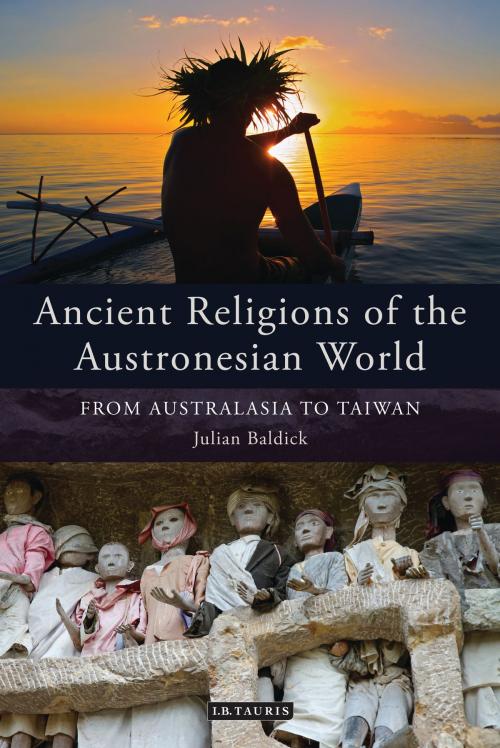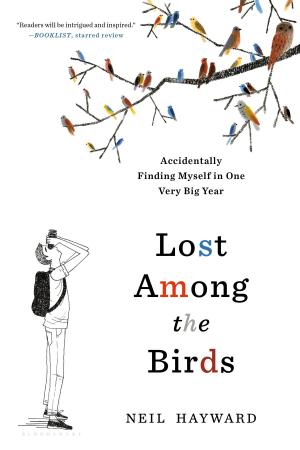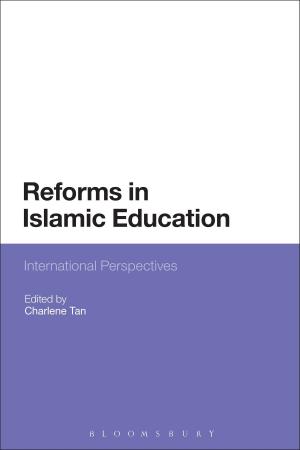Ancient Religions of the Austronesian World
From Australasia to Taiwan
Nonfiction, Religion & Spirituality, New Age, History| Author: | Julian Baldick | ISBN: | 9780857733573 |
| Publisher: | Bloomsbury Publishing | Publication: | May 7, 2013 |
| Imprint: | I.B. Tauris | Language: | English |
| Author: | Julian Baldick |
| ISBN: | 9780857733573 |
| Publisher: | Bloomsbury Publishing |
| Publication: | May 7, 2013 |
| Imprint: | I.B. Tauris |
| Language: | English |
Austronesia is the vast oceanic region which stretches from Madagascar to Taiwan to New Zealand. Encompassing both scattered archipelagos and major landmasses, Austronesia – derived from the Latin australis, 'southern', and Greek nesos, 'island' – is used primarily as a linguistic term, designating a family of languages spoken by peoples with a shared heritage. Julian Baldick, a celebrated historian of ancient religion, here argues that the diverse inhabitants of the Philippines, Taiwan, Indonesia, New Guinea and Oceania show a common inheritance that extends beyond language. This commonality is found above all in mythology and ritual, which reach back to an ancient, prehistoric past. From around 1250 BCE the original proto-Oceanic speakers migrated eastwards from southeast Asia. Navigating by the sun, the stars, bird flight, the swells of the sea and cloud-swathed mountain islands, Austronesian voyagers used canoes and outriggers to settle on new territories. They developed a unified pattern of religion characterised by mortuary rites, headhunting and agrarian rituals of the annual calendar, culminating in a post-harvest festival often sexual in nature. This unique overview of Austronesian belief and tradition will be essential reading for students of religion, prehistory and anthropology.
Austronesia is the vast oceanic region which stretches from Madagascar to Taiwan to New Zealand. Encompassing both scattered archipelagos and major landmasses, Austronesia – derived from the Latin australis, 'southern', and Greek nesos, 'island' – is used primarily as a linguistic term, designating a family of languages spoken by peoples with a shared heritage. Julian Baldick, a celebrated historian of ancient religion, here argues that the diverse inhabitants of the Philippines, Taiwan, Indonesia, New Guinea and Oceania show a common inheritance that extends beyond language. This commonality is found above all in mythology and ritual, which reach back to an ancient, prehistoric past. From around 1250 BCE the original proto-Oceanic speakers migrated eastwards from southeast Asia. Navigating by the sun, the stars, bird flight, the swells of the sea and cloud-swathed mountain islands, Austronesian voyagers used canoes and outriggers to settle on new territories. They developed a unified pattern of religion characterised by mortuary rites, headhunting and agrarian rituals of the annual calendar, culminating in a post-harvest festival often sexual in nature. This unique overview of Austronesian belief and tradition will be essential reading for students of religion, prehistory and anthropology.















